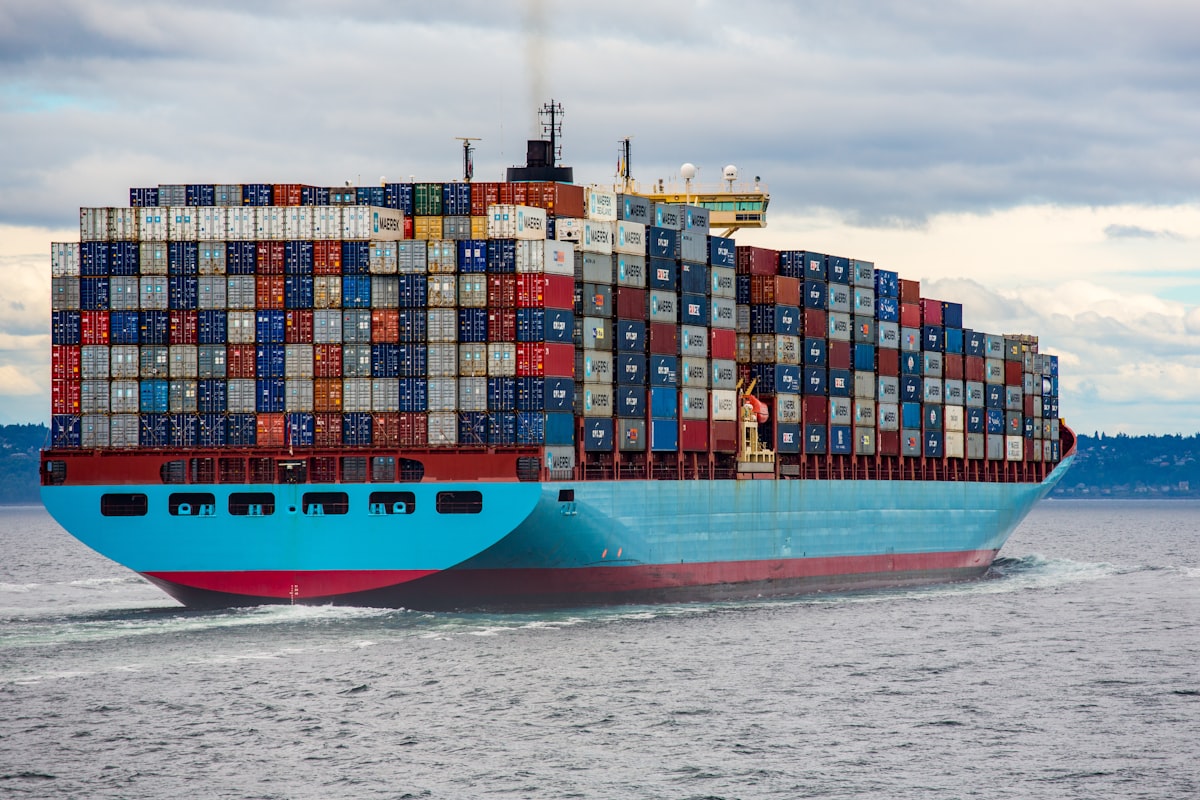Human Beings Are Not Interchangeable Widgets
International trade is built upon a simple premise: Just as it makes sense to go to the butcher instead of the baker when purchasing sausages, so, too, certain countries will prove better at producing certain goods and services. This central premise is, of course, true, but in only the most trivial sense; by this, I mean that it is true in the same way that it would be true to claim that a Greyhound with all his limbs will almost certainly outrun a Dachshund with only three legs. This is, of course, true, but so what?
Proponents of international trade do not stop with merely recognizing such an elementary truth. They immediately move from their trivial 'insight' into arguing that production should go to the lowest bidder to ensure a combination of cheap production costs and high returns to capital. Of course, this conclusion does not flow from the fact provided, and minimal argument (if any) is generally given in support of reaching such a conclusion from such a fact. Should we strive for cheaper production? If so, why should we do so?
As the argument usually goes: Cheaper production (and higher profits) will be good for all. Really? How so? Ask a physicist a question and you'll probably receive an answer that begins with "Well, in a vacuum…" This is the same thing economists do when they use models; and the same thing Communists do when they ignore — wholesale — human nature (an offense of which economists are also generally guilty[1]). If one totally ignores that human beings are, well, human, then international trade (which is to say 'free' trade[2]) makes perfect sense, and is very clearly net beneficial. If, however, we recognize that human beings are, well, human, then it very soon apparent that international trade is not net beneficial.
If we presume that all humans beings are interchangeable cogs in a vast machine, which is to say in the economy, then it makes perfect sense to locate production wherever it can be done most cheaply. However, we naturally already see the problem with the logic here — that production is cheaper in some places is a clear indication that human beings are, in fact, not interchangeable.
One can no more expect the labor price of Somalia for work done in Germany than the work quality of Germans for labor done in Somalia — and this is, of course, a cultural matter, which is to say Somalians in Germany will produce Somali-quality work and Germans in Somalia will produce German-quality work. You cannot import Somalians into Germany and magically get German-quality work from them. German soil is not magical.
Intelligence is real; it is inheritable; and so are many other traits. We may not like this reality (and, in fact, need not), but we must accept it.
There is nothing more important for a state than the quality of its breeding stock. Those who advocate for international ‘free’ trade would seek to obscure (or, at best, to ignore) this fact. In reality, what such trade arrangements ultimately work is economic destruction, which is virtually inevitably followed closely by societal (and often physical) destruction.

